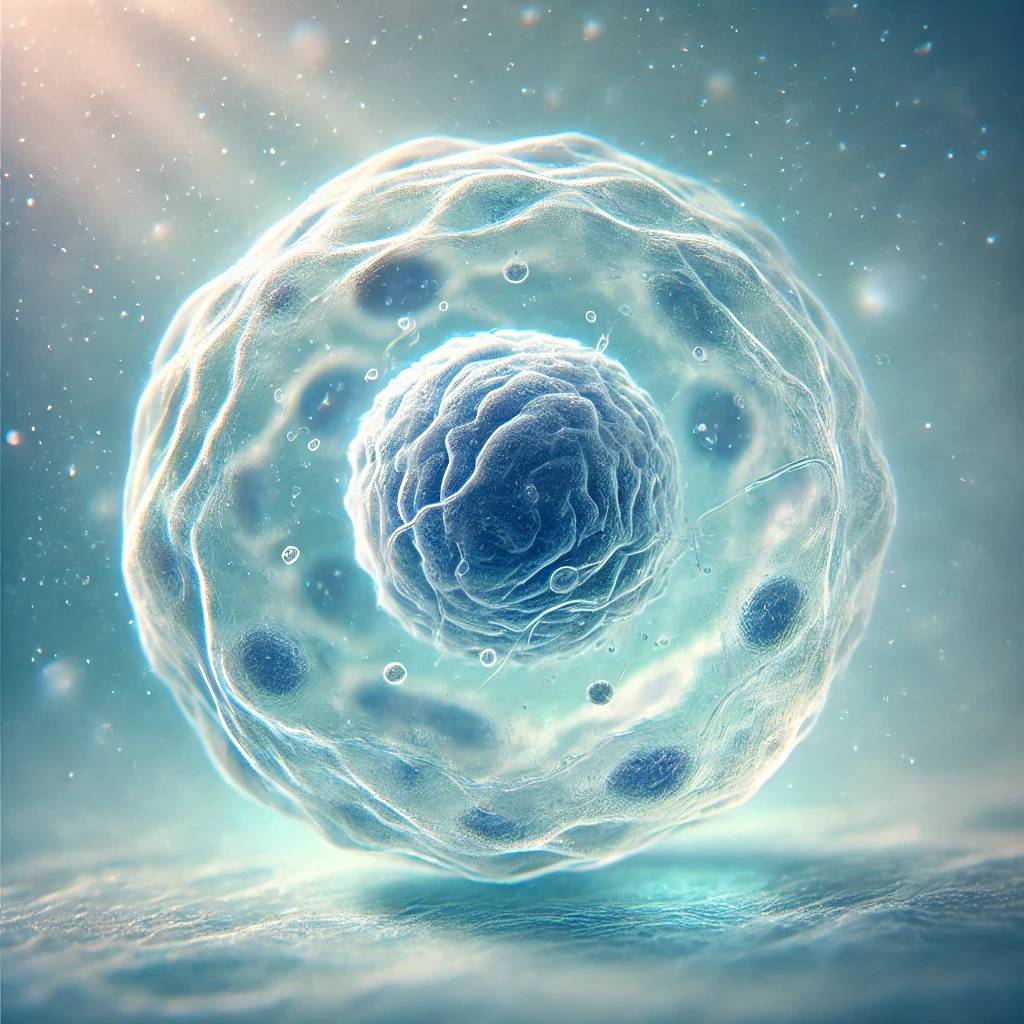High-mobility group box-1 (HMGB1) protein is widely known for its extracellular functions as a damage-associated molecular pattern (DAMP). However, its role within the nucleus, particularly in regulating CD8 T cells, offers new insights into its importance in anti-tumor immunity.
A recent research, published two weekes ago, shows that nuclear HMGB1 is essential for the anti-tumor activity of CD8 T cells, particularly in enhancing interferon gamma (IFN-γ) production, a key cytokine in tumor elimination.
Using HMGB1 conditional knockout (cKO) mice, researchers discovered that nuclear HMGB1 promotes IFN-γ expression by regulating the transcription factor Eomes, a critical driver of CD8 T cell differentiation.
CD8 T cells lacking nuclear HMGB1 show impaired IFN-γ production, reducing their proliferation and tumor-killing capacity both in vitro and in vivo.
Overexpression of HMGB1 in CD8 T cells restored IFN-γ production and enhanced their cytotoxicity against tumor cells. This underscores the necessity of HMGB1 in CD8 T cell-mediated anti-tumor responses, which depend on its nuclear function rather than its well-known extracellular signaling role.
This new understanding of nuclear HMGB1’s involvement in T cell biology opens potential therapeutic avenues, focusing on boosting HMGB1’s nuclear functions to enhance CD8 T cell efficacy in cancer immunotherapy.
We can provide comprehensive information to facilitate informed decision-making for researches with HMGB1.
Contact us for your pre-sales questions about HMGB1
Read the full article about the study:
https://www.sciencedirect.com/science/article/pii/S2211124724009203

